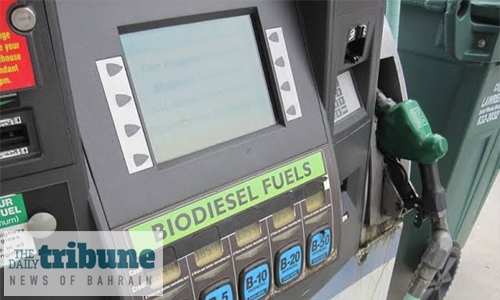EU hits Indonesian biodiesel with import duties
The European Union confirmed tariffs on Indonesian biodiesel imports yesterday to counter what it sees as unfair subsidies, the latest blow to producers after the bloc ruled that palm oil should be phased out of renewable transport fuels. In the conclusion to a case that has lasted seven years, the duties, which normally remain in place for five years, have been set at between 8% and 18%, the same level as the provisional rates proposed by the EU in August.
The EU biodiesel market is worth an estimated 9 billion euros ($10 billion) a year, with imports from Indonesia worth about 400 million euros, the European Commission said. Indonesian producers sold at unfairly low prices, the Commission, which coordinates trade policy for the EU, said, adding that its investigation found they benefit from grants, tax benefits and access to raw materials below market prices.
This was driving EU producers into losses, it added. Master Parulian Tumanggor, chairman of Indonesia’s biofuel producers association, told Reuters his group would ask the government to file a legal challenge at the World Trade Organization (WTO). The EU and China are Indonesia’s biggest markets for its biodiesel exports and the Indonesian government has threatened to impose its own tariffs on EU dairy products amid fraught relations with the bloc.
The EU said in March that Indonesian palm plantations were contributing to deforestation and said palm oil should no longer be used in renewable fuels. It has also imposed anti-subsidy duties on Argentine biodiesel producers, although they have tariff-free access for about 1.2 million tonnes as long as they sell no lower than a set minimum price. The EU began looking into biodiesel from both major producers in 2012 and imposed anti-dumping duties on companies in 2013.
However, the firms subsequently won challenges at the European Court of Justice and the WTO. This prompted the EU to remove duties on most biodiesel imports from the two countries, but the Commission also started an investigation into possible unfair subsidies.
Related Posts

